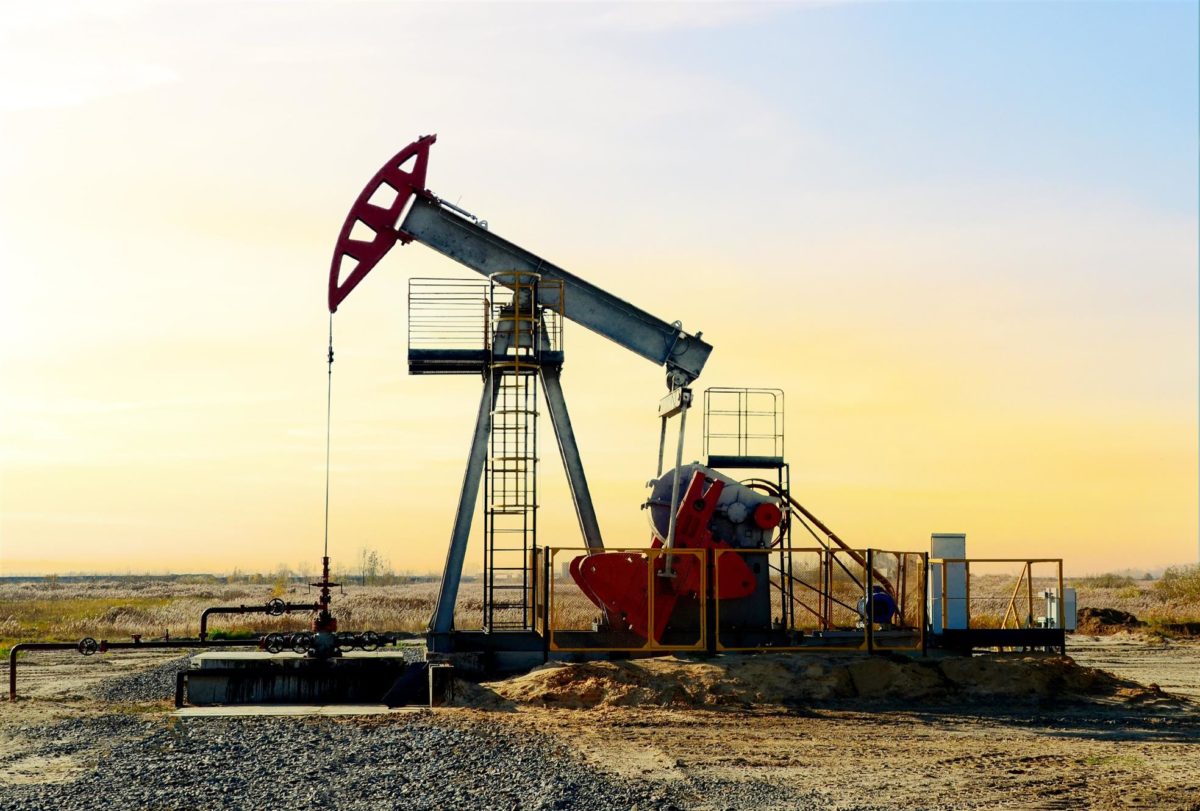OPEC Oil Output Drops in November
After the OPEC+ alliance promised drastic output cuts to support the market in the face of a deteriorating economic outlook, OPEC oil output fell in November, with Saudi Arabia, the organization’s top exporter, and other Gulf members leading the decline. According to the survey, the Organization of Petroleum Exporting Countries pumped 29.01 million barrels per day (BPD) in November, down 710,000 barrels from October. In September, OPEC output reached its highest level since 2020.
As demand recovered, OPEC and its allies, known as OPEC+, increased output for 2022. The group made its biggest cut since the beginning of the COVID-19 pandemic in 2020 due to falling oil prices and worries about an impending recession.
Due to lower-than-expected output, OPEC exceeded its pledged cuts with a compliance rate of 163% in November, according to the survey.
OPEC+ meets virtually on Sunday to review its output policy, but no changes are expected.
Analysts warn that if European nations do not set a price cap on Russian oil, the sanctions will be “really disruptive” to energy markets.
In June, the European Union’s 27 member states agreed to prohibit the purchase of Russian crude oil beginning on December 5. In practice, the EU, along with the US, Canada, Japan, and the UK, wants to drastically reduce Russia’s oil revenues to deplete the Kremlin’s war chest following its invasion of Ukraine.
The G-7 has thought about capping the price it will pay for Russian oil due to worries that a total ban would cause crude prices to soar.
According to the director of energy, climate, and resources at the political risk advisory Eurasia Group, an outright ban on Russian imports could be “really disruptive” to markets.

The Proper Oil Cap
A proposal discussed earlier this week suggested a $62 per barrel limit. Still, Poland, Estonia, and Lithuania refused to agree, arguing that it was too high and would reduce Russia’s revenues. These countries have been among the most vocal in calling for sanctions against Russia for its aggression in Ukraine.
Russian oil was trading at around $66 per barrel. According to the Kremlin, a price cap is anti-competitive, preventing them from selling their oil to nations that have adopted it.
They hope that other major buyers, such as India and China, will not agree to the limit and will continue buying Russian oil.









COMMENTS